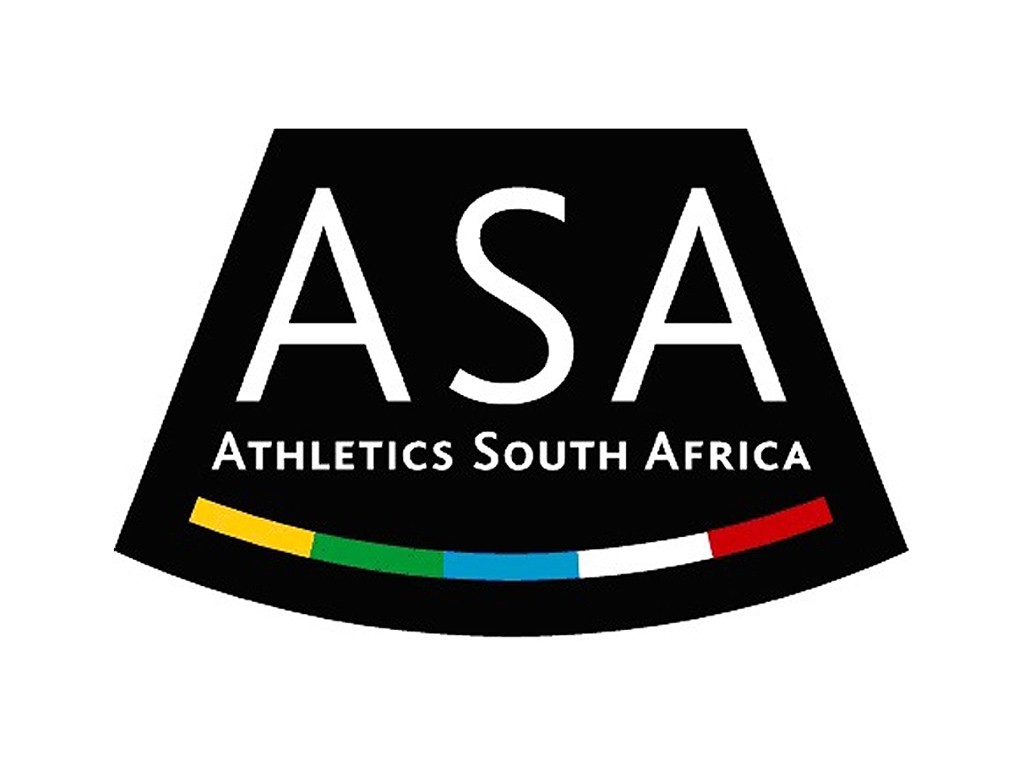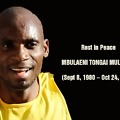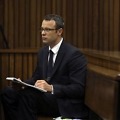Athletics South Africa’s suspension has been lifted, the South Africa Sports Confederation and Olympic Committee (Sascoc) said on Wednesday. Sascoc said the decision “would give our athletes the opportunity to represent our country at various international levels…”.
At the end of June last year, Sascoc suspended ASA after its members ignored sanctions placed on its board.
Sascoc also said the decision to lift the suspension would “steer the way clear to ensuring that the provisions of corporate governance as set out in the constitutions of ASA, Sascoc and the country, are adhered to”.
Full statement by SASCOC on Athletics South Africa
ASA was suspended by the athletics federation in terms of Clause 9.3 of its [Sascoc] Articles of Association which gave it the power to “suspend, fine and terminate” the membership of any federation which infringed the Olympic body’s constitution or brought the organisation into disrepute.
However, earlier in June, the IAAF reaffirmed its support for the elected ASA board members, led by president James Evans.
“We have exercised patience and afforded the IAAF sufficient time, space and co-operation in the hope that they will put measures in place to resolve the leadership crisis in Athletics South Africa (ASA),” Sascoc said on Wednesday.
In November, in the absence of Evans, an annual general meeting was held in Johannesburg where the existing ASA board was dissolved and a seven-member interim board, led by Sello Mokoena, was appointed.
Mokoena said at the time that there was a unanimous decision to sack the board, and that the AGM was held in accordance with the ASA and IAAF constitution.
However, according to clause four of the IAAF constitution, an interim board would only be recognised if prior approval was given.
While the breakaway faction informed the IAAF that it planned on forming an ad hoc committee it did not do so in consultation and with the approval of the athletics body.
“In the event of a conflict that brings the activities of a member to a standstill, an ad hoc committee may be set up, for a defined period, to be in charge of the management of athletics in the country… provided always that such an ad hoc committee has been approved by the IAAF in advance,” clause four of the IAAF constitution read.
Sascoc said the IAAF had not responded to any correspondence from Mokoena and it had made the decision to lift the suspension after a visit by Cheikh Thiare, who is the director of IAAF president Lamine Diack’s executive office, did not realise.
Thiare was due in the country last week to look at finding a solution to the stalemate together with South Africa’s International Olympic Committee (IOC) member Sam Ramsamy.
The Olympics body said it realised Thiare would not arrive when Sascoc president Gideon Sam received a request from Evans to arrange a visa for the IAAF representative.
Sascoc said it was the second time Thiare’s planned a visit that did not take place when he cited illness for his absence.
The Olympics body said Sam had indicated to Diack that Sascoc would “still welcome the IAAF to engage the stakeholders further”.
However, Sam emphasised that the country needed the athletes and ASA to focus on producing quality athletes for South African teams to the African Youth Games, 2014 Glasgow Commonwealth Games, Olympic Youth Games and the African Union Region 5 Games.
Evans said on Wednesday he had informed the IAAF about Sascoc’s decision and he believed the international athletics body would not be amused.
“Athletes cannot take part in these events that they are saying because the IAAF organises the athletics programs. They might be IOC events but they are organised by the international federations,” Evans said.
“So it is impossible for Sascoc to actually send a team to the Olympics if the IAAF does not accept that team.”
Evans said Sascoc’s decision to recognise the interim board was bordering on two federations running athletics in a country which was in clear breach of the IAAF’s constitution.
“This is a two federation situation and the IAAF has said it directly to me that it would not recognise two federations. They will recognise the one and not the other one,” he said.
Meet The Authors
The South African Press Association (SAPA) was a non-governmental national news agency of South Africa that was established in 1938 and ran until its closure on 31 March 2015.







